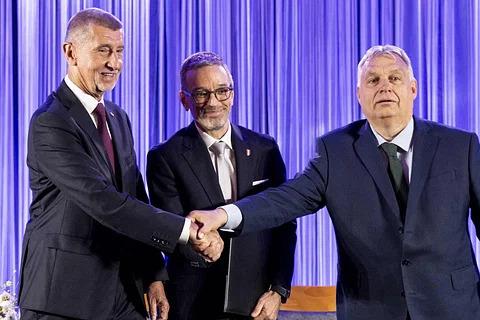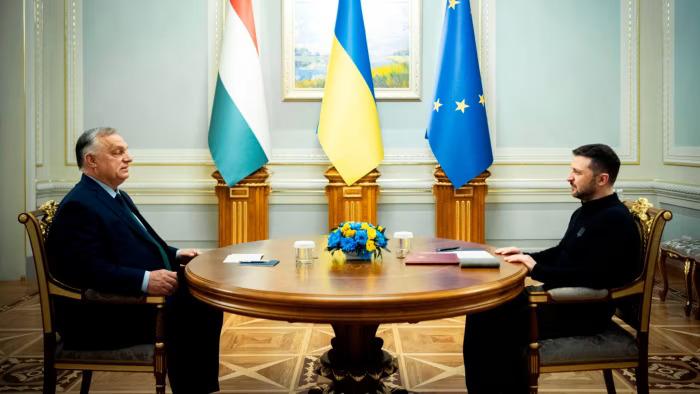What does Hungary's presidency bode for the EU? Make Europe great again
The results of the recent European Parliament elections have significantly changed the geopolitical landscape of the European Union. On July 1, Hungary took over the EU Presidency, thus stirring concerns in Brussels about whether Prime Minister Viktor Orban would use his role to cement his position within the EU.
In recent years, PM Viktor Orbán has seemed to relish opportunities to block or delay key EU decisions, such as financial and military aid to Ukraine, joining anti-Russian sanctions, and routinely going against the general vibes. For example, earlier, Hungary has taken a confusing approach toward international issues like the global corporate minimum tax and Sweden’s NATO accession.
As Hungary assumes the six-month rotating presidency, it gains the power to shape the EU's main agenda for the rest of the year. This is a significant development, given the critical stance many EU countries and diplomats have taken towards Hungary since Orban's government came to power in 2010. The EU has attempted to take several strict measures against Hungary, from triggering the Article 7 procedure to blocking EU funding via the rule of law conditionality regulation. However, these efforts have so far not perturbed the Hungarian government. The collective EU has not yet taken any explicit measure to exert pressure on Viktor Orban and his government.

Although discontent rises within the EU regarding Hungary’s presidency, it will give the latter little means to influence the entire EU’s strategy and policy, particularly toward the Russo-Ukraine war. Nevertheless, the Council will likely make enormous efforts to limit Orban's influence and even temporarily put aside the issue of what to do with Poland - the next in line after Hungary's Presidency.
Contrary to its critics and opponents, the Hungarian government maintains that it has a strong mandate to pursue a European policy that reflects its vision of Europe. Despite diverse positions and views on the Russo-Ukraine war and energy imports, Hungary is committed to maintaining dialogue with other countries on a number of issues, including the anti-Russian sanctions and energy flows to Europe. The Hungarian government has named seven priorities for its EU presidency, including improving the bloc’s competitiveness and stemming undocumented migration.
Despite this, Hungary has not indicated arms supplies to Ukraine as a top priority of its presidency. This is a significant factor, given that Brussels has frozen billions of euros in funds earmarked for Hungary until it can prove reforms have been taken in the country to ensure equal rights for everyone. PM Viktor Orban has denounced Brussels' 'repressive methods', refusing to make significant concessions. As of July 2024, Hungary has reportedly blocked €6.6 billion of military aid for Ukraine via the European Peace Facility fund. The EPF partially reimburses EU member states for buying weapons for Ukraine, so in effect, Budapest is denying other EU capitals money to replenish their own defense stocks.
Consequently, official Budapest believes that sending additional weaponry to Ukraine and allocating more financial aid prevents Kyiv and Moscow from holding peace negotiations to halt the military actions. Indeed, Kyiv has a counter-argument for Orban's peace plan as it hints at the peace negotiations only after Russia's full withdrawal from occupied territories. Contrary to Kyiv’s demands, Russia rules out withdrawal, demanding instead “recognition of captured territories as Russian,” which is unacceptable for Ukraine at this stage.

On the other hand, some see the EU presidency as an opportunity to end Hungary’s isolation within the EU over its conflict with European institutions. Even though others do not share the same optimism regarding Hungary's presidency, considering the critical period in the Russo-Ukraine war, the EU will unlikely provoke anti-European sentiments in Hungary by putting additional pressure on it. Instead, it will expect Budapest to act as an "honest peace broker." Regardless of criticism and war of words, Hungary would intensify efforts to make its presidency smooth by considering the interests of all EU parties, particularly on the Russo-Ukraine war and arms supply to Ukraine.








